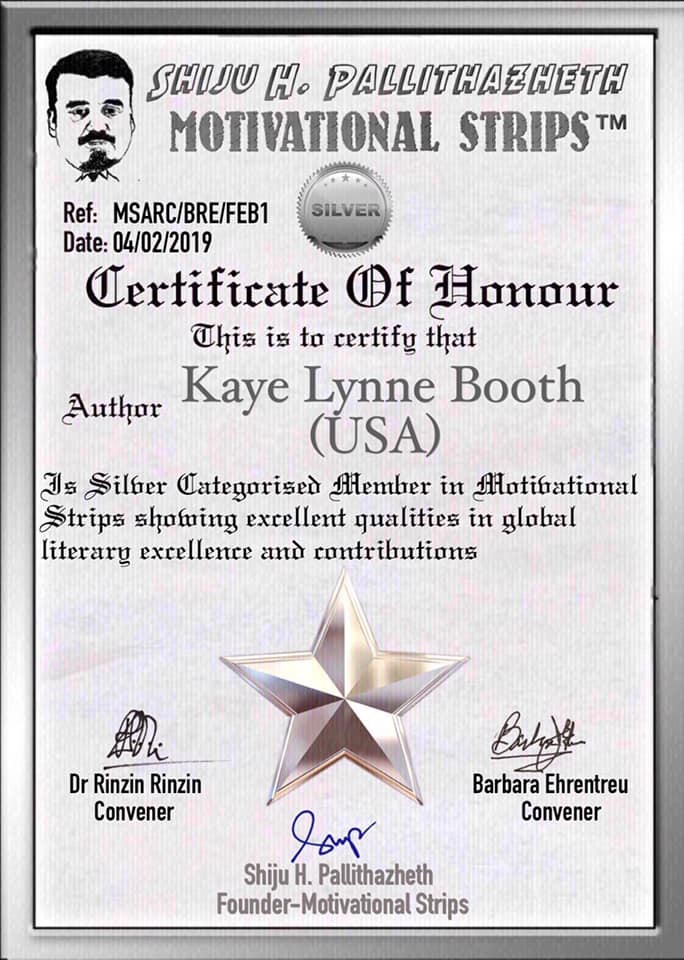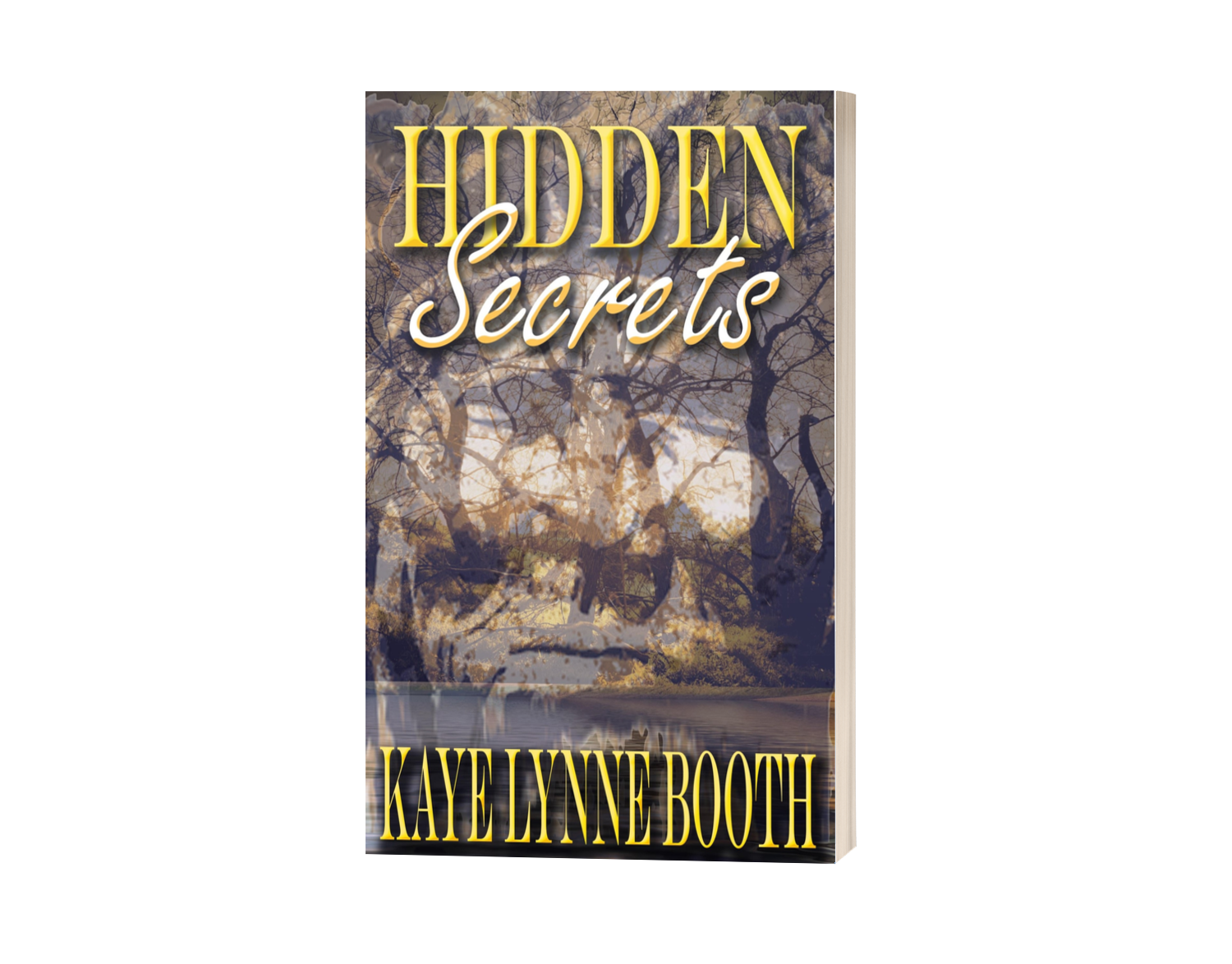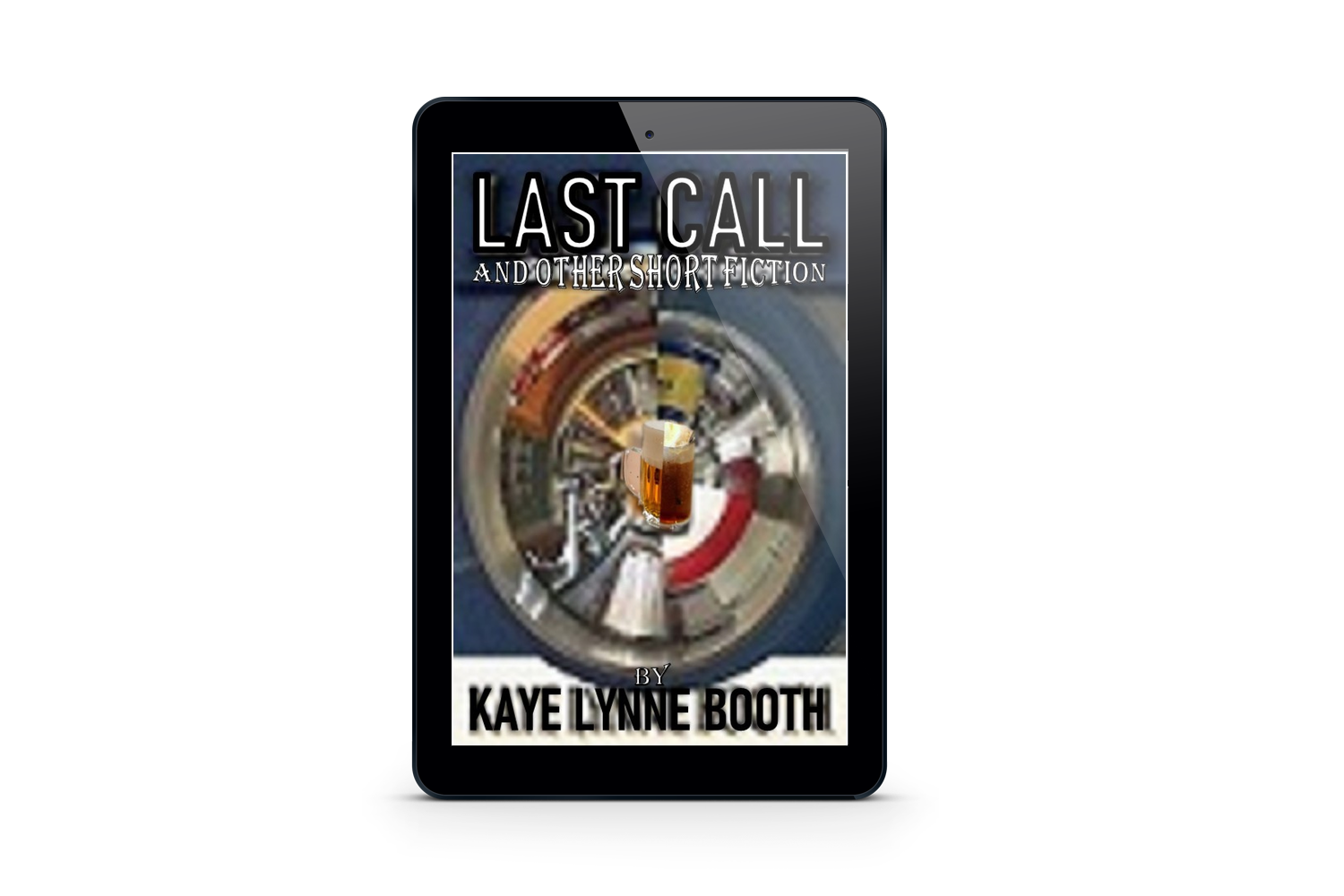Writer’s Corner: What? I’m a business?
Posted: July 25, 2022 | Author: kayelynnebooth | Filed under: Book Promotion, Indie Publishing, Promotion, Publishing, Self-Publishing, Writer's Corner, Writing, Writing Business | Tags: Independent authors, independent publishing, Kaye Lynne Booth, Publishing, Writer's Corner, Writing Business, Writing to be Read |6 Comments
Often it seems like everybody wants to be an author, and with the rise of digital publishing and print-on-demand, everyone pretty much can. After all, all it takes to write a book is an idea for a story, a general idea of story structure, and a basic knowledge of grammar and punctuation, right? Well… yes and no, but that is a discussion for a different post. For our purposes, we’re talking about writers who have what it takes to become an author.
However, many authors don’t realize how many non-writing tasks are involved in being an author. Because we aren’t just writing books, we want to sell them, too. And as soon as we start doing that, we become a writing business. That’s right. And we have market and sell our books, pay for websites so fans can find us, find reviewers, engage with readers, as well as putting out a newsletter and other types of advertising to sell our books. And we must keep track of expenses and earnings so we can properly pay our taxes. Yep. Authors really are a business.
As soon as you write your first book, (or story, or poem), you’ve created what they call IP (Intellectual Property), and you are faced with deciding how you want to handle it. In the past, an author would pitch their book to an agent or editor in the hopes of landing a traditional publishing deal, and if they were fortunate enough to land one, then they would sign a contract giving some, or all, of their rights in exchange for royalties, possibly with an advance of reasonable size against future royalties.
Traditional publishing is a traditionally slow business, so then, the author would sit back and wait from two to five years for their book to be published and then, wait even longer until their royalties are enough to pay back their advance, before receiving royalty checks, generally about 15% of sales, twice a year. So you see, by traditional publishing methods, most authors really were starving artists. Add to this that many traditional publishers required you to sign away rights that they never had any intention of using, but they just wanted to cover all of their bases, and would only allow their authors to put out one book a year, and you can see why many authors assumed pen names in other genres just to try and make ends meet.
Fortunately, with the rise of independent publishing, all that changed. Now days, authors who are more prolific and can produce more than one book per year, can write and publish as many as they want. And they can also sell or maintain whichever rights they want to. Independent authors are now dealing directly with book distribution platforms, or they can choose to give an additional percentage to an aggregator, who then places their book on the various distribution platforms, but they still receive a bigger percentage of their royalties than traditionally published authors do.
As explained in Dean Wesley Smith’s Magic Bakery, the IP for your creations are your products, which you can give away or sell in any way you wish, as long as you maintain control of your rights and manage them smartly. That is how successful authors today manage to keep their backlists working for them.
The flip side of this, is that independent authors don’t have publishers to edit and hone their books to perfection (editing), provide a cover (cover design), or get reviews (business) and market their books (marketing and promotion) for them. (I wrote a post about the many hats an author must wear today back in October of 2016 here, but I really had no idea at that time.)
So, these are other skill sets today’s authors must have or learn, or hire out and pay someone else to do them. If they chose to hire them out, then these things become additional business expenses. (The bold emphasis is to reiterate that authors are indeed, a business.) While much of the paid advertising works with numbers and data, authors better brush up on their math skills or hire someone to keep their books and figure their taxes, too. And when you chose to become an author, there are no employers to provide health or dental or vision insurance. The author is responsible for providing these things for themselves as a self-employed entity, because they are a business.
I hate to keep driving on that point, but it’s one which keeps slapping me in the face. Just when I think I’ve done my homework well and gained all the necessary skills to be a successful author, there it is again. At first, I thought that all I’d need was English, grammar and storytelling abilities. One I’d earned an M.F.A. in Creative Writing, I found that I needed marketing skills to peddle my wares. With almost a B.A. in marketing, and a M.A. in publishing, it looks as if may need a degree in business, as well. ( Okay, maybe not a full degree, but general business knowledge and a good understanding of the publishing industry are needed, because… yep, you got it, you’re a business.)
As a business, authors need to act as professionals, and do what they can to keep up to date on industry news and changes on social media channels and digital platforms which you use on promotions and advertising.
Another thing that I have learned is that even bestselling authors with a large backlist, need multiple streams of income to make their writing business work. It is just good sense in the rapidly changing world of digital technology, where the owners of digital platforms you use for promotion and distribution can change the rules without notice, to not place all of your literary eggs in one basket. The rapid changes to digital industry also mean that there is an abundance of helpful digital tools out there to help you in your writing business. But then, that just means that I need to learn new skills (tech skills) so I can use them!
And to think, I just wanted to write stories.
_________________________

Kaye Lynne Booth lives, works, and plays in the mountains of Colorado. With a dual emphasis M.F.A. in Creative Writing and a M.A. in Publishing, writing is more than a passion. It’s a way of life. She’s a multi-genre author, who finds inspiration from the nature around her, and her love of the old west, and other odd and quirky things which might surprise you.
Kaye Lynne Booth lives, works, and plays in the mountains of Colorado. With a dual emphasis M.F.A. in Creative Writing and a M.A. in Publishing, writing is more than a passion. It’s a way of life. She’s a multi-genre author, who finds inspiration from the nature around her, and her love of the old west, and other odd and quirky things which might surprise you.
She has short stories featured in the following anthologies: The Collapsar Directive (“If You’re Happy and You Know It”); Relationship Add Vice (“The Devil Made Her Do It”); Nightmareland (“The Haunting in Carol’s Woods”); Whispers of the Past (“The Woman in the Water”); Spirits of the West (“Don’t Eat the Pickled Eggs”); and Where Spirits Linger (“The People Upstairs”). Her paranormal mystery novella, Hidden Secrets, and her short story collection, Last Call and Other Short Fiction, are both available in both digital and print editions at most of your favorite book distributors.
When not writing, she keeps up her author’s blog, Writing to be Read, where she posts reflections on her own writing, author interviews and book reviews, along with writing tips and inspirational posts from fellow writers. In addition to creating her own very small publishing house in WordCrafter Press, she offers quality author services, such as editing, social media & book promotion, and online writing courses through WordCrafter Quality Writing & Author Services. As well as serving as judge for the Western Writers of America and sitting on the editorial team for Western State Colorado University and WordFire Press for the Gilded Glass anthology and editing Weird Tales: The Best of the Early Years 1926-27, under Kevin J. Anderson & Jonathan Maberry.
In her spare time, she is bird watching, or gardening, or just soaking up some of that Colorado sunshine.
_______________________________________________________________________
Join Kaye Lynne Booth & WordCrafter Press Readers’ Group for WordCrafter Press book & event news, including the awesome releases of author Kaye Lynne Booth. Get a free digital copy of her short story collection, Last Call and Other Short Fiction, as a sampling of her works just for joining.















Reblogged this on Pattys World and commented:
I keep telling people if you’re a writer you’re running a business. Here’s the proof.
LikeLiked by 1 person
Thanks for sharing, Patty. ☺️
LikeLike
Hi Kaye, you have nailed it in this post. It’s a lot more than writing stories, actually, that’s the easy part.
LikeLiked by 1 person
That’s exactly it, Robbie. Writing is the easy part, or at least the fun part. The rest are just necessary evils.
LikeLiked by 1 person
I’m really struggling with this, having tried both self-publishing, and moderately-traditional publishing with my only two books so far. There are things I’m not sure i’ll ever grasp like marketing, though I am doing a degree in Business administration which has opened my mind a bit for the next book. But I’m not exactly Mr. Popular nor do I have a large social media presence. I’ve been focusing on honing my writing, but I can’t ignore everything else, coz when you’re done writing, you gotta get people to read the book, and that’s just as important, or even more so😥
SOS😅
LikeLiked by 1 person
I feel you. I tried to do a B.A. in marketing only to find that a lot of what they were teaching me didn’t really apply to books. In my publishing cohort, I think we decided it is best to be successful enough to contract out all the parts we don’t like to do, but that is easier said than done. Even trad. publishers expect authors to do a good deal of the marketing these days. I think the engagement with potential readers is the key. Thanks for reading and commenting, Jude. 🙂
LikeLiked by 1 person